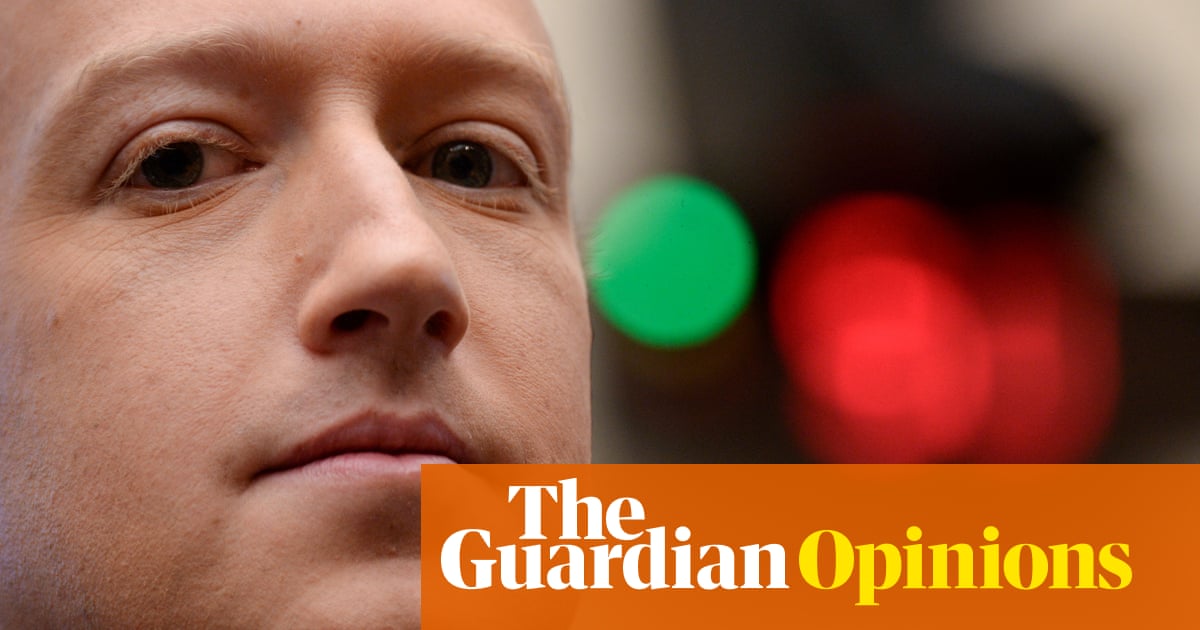
In every political debate since Facebook began to dominate democracy, the company has placed itself on the wrong side of history. The social media firm cannot be reformed from within because its business model profits from hosting bomb-throwing circuses of hate, humbug and hogwash. The platform harvests users’ personal data to algorithmically recommend content but can’t seem to help steering people towards vilifying one another while keeping their attention. It is not good for society, but it is good for Facebook.
That apparently is fine for the company’s founder, Mark Zuckerberg, who is worth $85bn. Consider the latest ugly episode in the firm’s life. After some of the world’s biggest brands boycotted Facebook over its refusal to ban racist and violent content, the company reached for the usual bromide of reassurance that the matter was being taken seriously. Internally it was a very different story. The boycotters, Mr Zuckerberg said, would be back and his company was “not going to change our policies … because of a threat to a small percent of our revenue”.
In America there is a view that capitalism fixes things. In Britain, government usually acts. The Lords select committee on democracy and digital technologies last week was correct to say it was a mistake to allow social media firms to grow unimpeded by regulation. This, the peers said, had “become acutely obvious in the current Covid-19 pandemic where online misinformation poses not only a real and present danger to our democracy but also to our lives”. Facebook cannot be allowed to remain beyond the restraints applied to the rest of society. This message has been received by the UK’s competition authority, which has proposed forcing Facebook to give consumers a choice over whether to accept targeted advertising and even suggested breaking it up.
The Lords select committee was right to praise the UK government for putting forward an online harms framework, requiring social media platforms to protect users and sanctioning those that fail to do so by, for example, taking too long to remove offensive material. However, ministers have been tardy in bringing forward legislation and there’s no sign the platforms’ duty of care will shield voters from misinformation campaigns.
Such a move would be in necessary conflict with Facebook’s “neutrality”. The firm’s hands-off approach means it won’t drain its swamp of racism, misogyny and conspiracy. In a speech last October, Mr Zuckerberg had controversially signalled that Facebook’s interests aligned with Donald Trump’s. The Facebook founder said it’s not right to censor politicians. Mr Trump has been notably softer on Facebook than its rivals.
This bargain is unravelling. Faced with a growing backlash over Mr Trump’s inflammatory rhetoric, the social network removed a Trump ad that used a Nazi-era symbol. Facebook will also start allowing US users to opt out of seeing political ads. Yet in Britain Facebook is used to spread false political advertising. It does so knowing that the network’s algorithms spit out, in the words of its own research, “more and more divisive content in an effort to gain user attention and increase time on the platform”. There is an easy solution. The UK bans all political advertising from being broadcast on television or radio. Unless firms like Facebook change radically, it may be time to extend this prohibition to social media.



